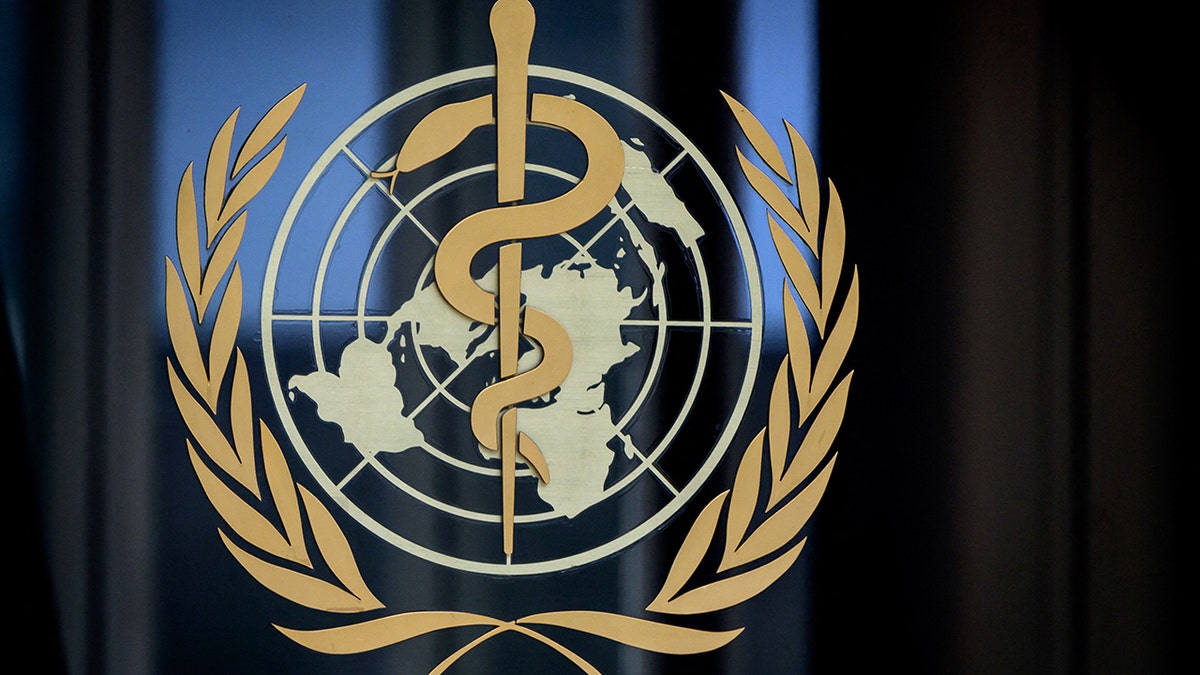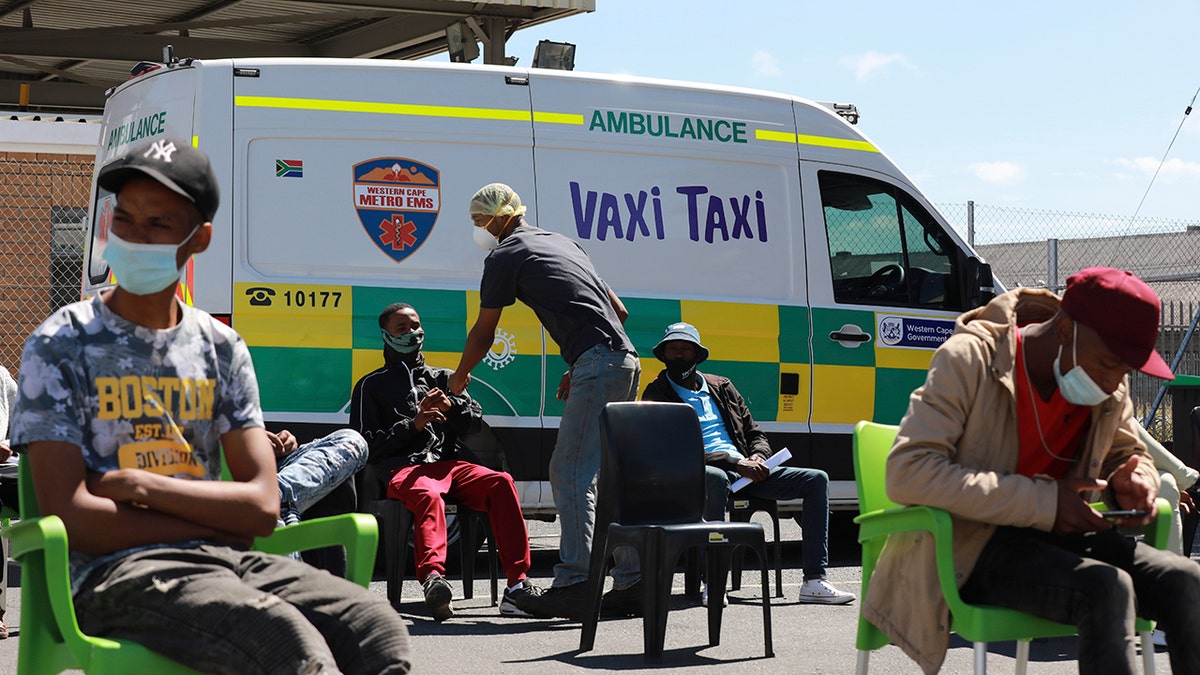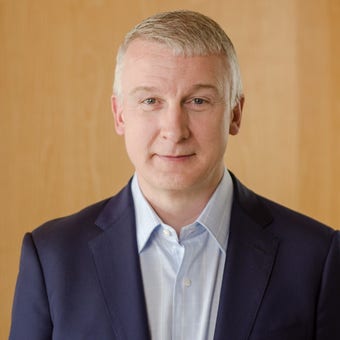White House COVID czar on masking kids: I follow the CDC
White House COVID response coordinator Dr. Ashish Jha discusses mask mandates for travelers and children on 'Your World.'
Right now, a new virus is emerging. The White House is hosting a summit this week to support timely, effective decision-making to improve outbreak response for the next inevitable pandemic.
We don’t know when or where it will begin to appear, nor if it will be a COVID-19 variant or a new pathogen altogether. But we do know that preventing the next pandemic urgently requires partnerships at local, national, regional, and international levels so we can detect early outbreaks and share the signals. Lives are at stake.
As COVID-19 continues to take its global toll, countries around the world have made pandemic preparedness a priority investment, focusing on three areas: 1) scaled production of vaccines and tests; 2) improved national and regional surveillance to catch disease outbreaks early; and 3) strengthened pandemic response mechanisms.
PFIZER, BIONTECH WILL ASK FDA TO AUTHORIZE COVID BOOSTER FOR HEALTHY KIDS AGES 5-11
These investments are needed and welcome. But to effectively bolster our shared ability to detect and respond to public health threats, they mustn't become siloed or lead to duplicative efforts.
Proactively and collaboratively building bridges across the globe is a task at once critical and complex. To succeed, we need shared commitments to value of equity, transparency, and fairness, as well as trust forged by truly listening to one another.
Many experts expect most emerging pathogens to be zoonotic in origin due to population growth, human and animal migration patterns, changing land use, food production practices, and climate change.

Pharmacy technician Hollie Maloney loads a syringe with Pfizer's COVID-19 vaccine in Portland, Maine, on March 2, 2021. (AP Photo/Robert F. Bukaty, File)
The good news is that technology and data science are advancing at a rate that allows us, at least in some places, to track these threats, extract insights from data, and inform decision-making and response.
Proactively and collaboratively building bridges across the globe is a task at once critical and complex. To succeed, we need shared commitments to value of equity, transparency, and fairness, as well as trust forged by truly listening to one another.
An early warning surveillance system that monitors microbe, animal, and human interfaces could provide vital information on the geographies and animal populations at the highest risk. Such a system could also detect the rise of drug-resistant pathogens, a growing threat.
WHO TRACKING NEW OMICRON SUB-VARIANTS AMID US BA.2 SURGE
But the current infrastructure to connect early warning activities across the globe is deeply fragmented and lacks sustained investment. Acknowledging this is the first step toward fixing it.

The entrance to the World Health Organization (WHO) in Geneva, March 5, 2021. (Fabrice Coffrini/AFP via Getty Images)
Global leaders from the public and private sectors must engage in a robust dialogue. International organizations, regional institutions, and community-based groups are all essential, too.
Together, they must agree on the right data to generate—likely a combination of genomic, environmental, mobility, and consumer data from traditional and nontraditional sources.
Together, they must identify gaps in data collection and prioritize investments.
CLICK HERE TO GET THE OPINION NEWSLETTER
Together, they must align on who will share the responsibility of connecting the data and translating it into actionable insights, and then determine how to distribute the information that data generates.
Ideally, localities could receive the tools—and training where needed—so they could analyze their own data and retain data sovereignty while sharing the signals.
But much work remains to bring everyone to the table.
It starts with recognizing the harm done by failures during the current COVID-19 pandemic, including inequitable distributions that have left some countries unable to vaccinate more than a single-digit percentage of their populations, and ill-informed, porous application of travel bans such as the one faced by South Africa after it identified the Omicron variant.

People wait to be vaccinated at a mobile "Vaxi Taxi" in Cape Town, South Africa, Dec. 14, 2021. (AP Photo/Nardus Engelbrecht)
Confronting these issues and deepening our understanding of barriers to participation are critical first steps toward global collaboration to prevent a future pandemic.
It is hard, but not an impossible task.
CLICK HERE TO GET THE FOX NEWS APP
Consider the unprecedented and inspiring scientific collaborations that enabled the development of vaccines at speeds previously thought impossible. Let’s apply that same commitment to coordinate a global early warning system that can detect pathogens before they spread across the world.
As the past two years have made clear, the best way to manage a pandemic is to prevent it. The clock is ticking.
Esther Krofah is the executive director of FasterCures and the Center for Public Health at the Milken Institute. She has deep experience in the government, nonprofit, and for-profit sectors, where she has led efforts to bring together diverse stakeholder groups to solve critical issues and achieve shared goals that improve the lives of patients.











































